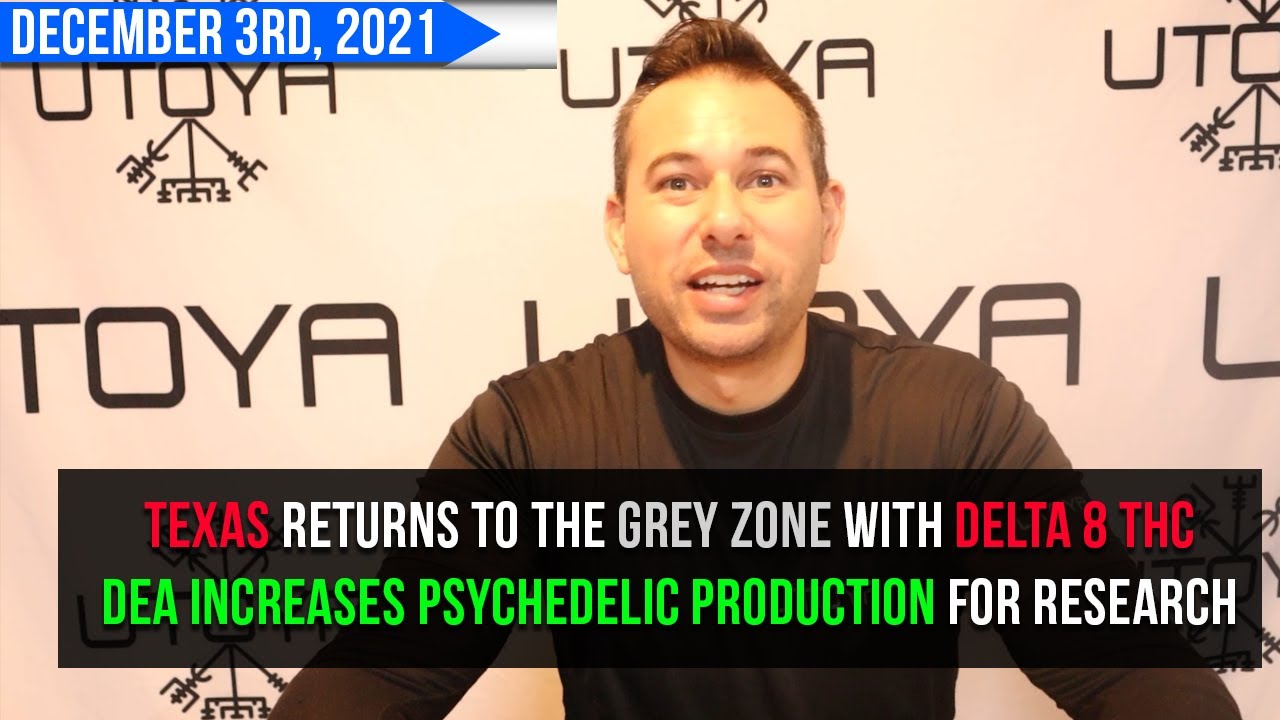On December 1st, 2021 Attorney General Ken Paxton appealed the smokable hemp ban final judgment directly to the state supreme court, removing the permanent injunction in place.
The appeal states “Consequently, the trial court, must permit the judgment to be superseded. Tex. R. App. P. 24.2(a)(3). Therefore the final judgment is superseded by operation of law.”
The Texas Rules of Appellate Procedure provide a mechanism to the Attorney General’s Office to automatically suspend a temporary injunction duly entered by a co-equal branch of government. This forces the Plaintiffs to then seek redress with the appellate court. As long as this rule stands in Texas, the state of Texas and its agencies can ignore any injunction covering any subject matter entered by any trial court in the entire state of Texas simply by filing a notice of appeal and invoking the rule with the correct requesting language. This is not how due process works in America,” cannabis attorney Chelsie Spencer told Texas Cannabis Collective back when the delta-8 case was being considered for injunctive relief.
The attorneys involved in the case are already working on filing a motion. According to the same rules for appellate issues that the AG is following, the plaintiffs, in this case, can also file a motion according to section 29.3.
“When an appeal from an interlocutory order is perfected, the appellate court may make any temporary orders necessary to preserve the parties’ rights until disposition of the appeal and may require appropriate security. But the appellate court must not suspend the trial court’s order if the appellant’s rights would be adequately protected by supersedeas or another order made under Rule 24.”
“It is untenable that the Attorney General’s Office believes it unilaterally has the power to suspend a Final Judgment rendered by a co-equal branch of government in Texas,” Chelsie Spencer noted online
She further noted that they anticipated the state appealing but the appellate rule permitting the state to suspend a final judgment is a severe due process violation and finds it insane that our state deemed it worthy of passage.
Reps. Dave Joyce (R-OH) and Alexandria Ocasio-Cortez (D-NY) filed a new bipartisan bill in Congress to fund state and local marijuana expungement programs.
The Drug Enforcement Administration once again proposed a huge boost in the legal production of illegal psychedelics like psilocybin, MDMA and DMT to be used in research. The agency initially wanted just 30 grams of psilocybin produced in 2021, and now that’s been boosted to 8,000 grams for 2022—a 26,567% increase, reflecting a massive level of interest in psychedelics research.
South Dakota’s attorney general issued a report finding that the state’s hemp program does not substantially affect police’s ability to go after illegal marijuana.
Arkansas activists believe they will raise enough money to fund a successful signature-gathering effort to put a marijuana legalization measure on the 2022 ballot.
An Illinois judge issued an order consolidating several lawsuits challenging regulators’ marijuana business license award processes.
Georgia regulators blocked media access to pre-hearing conferences about medical cannabis business license denial protests.
Brattleboro, Vermont police, along with federal officials, arrested three people in connection with what is believed to be fentanyl-laced marijuana.
source



